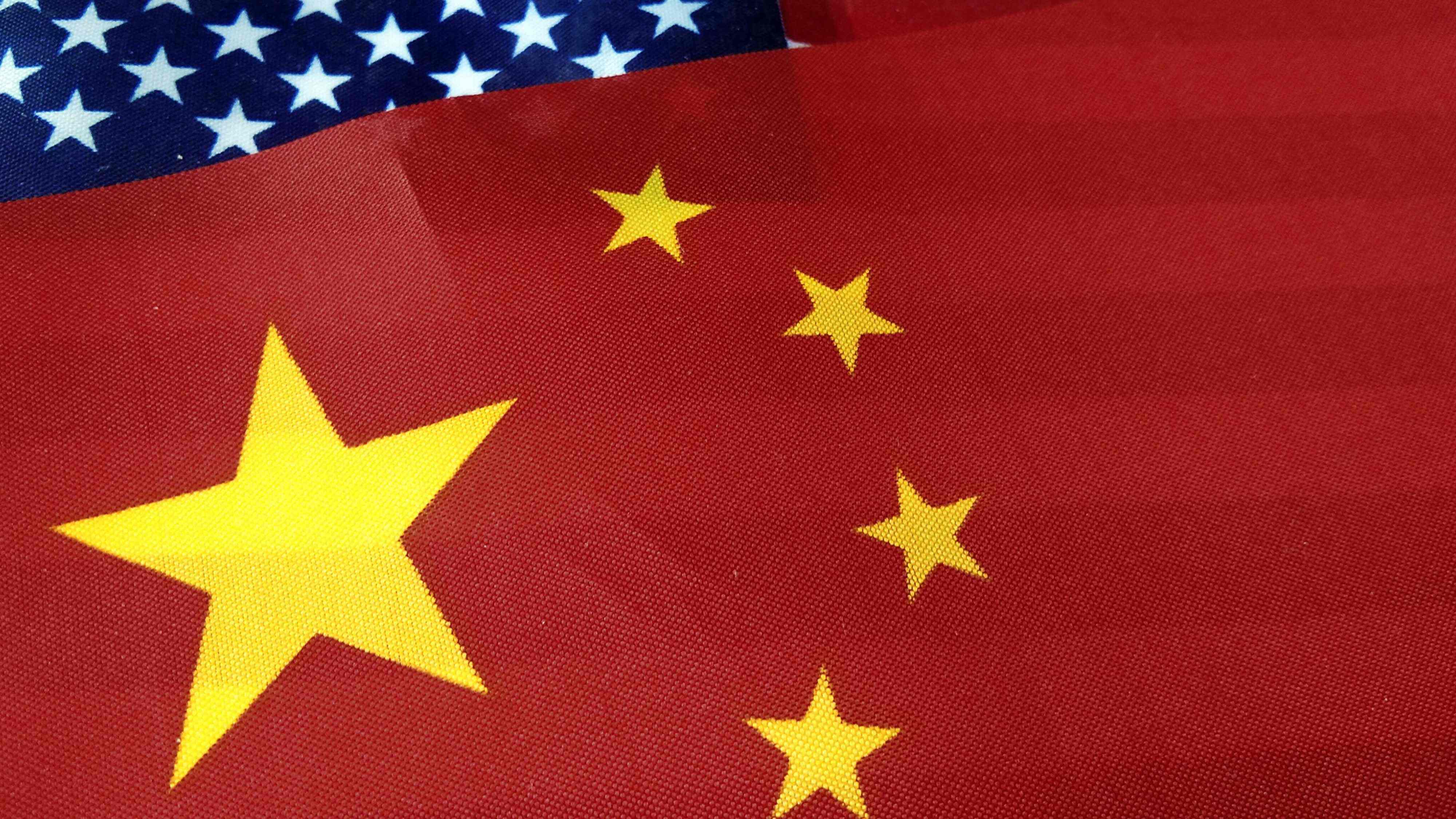
Business
22:51, 09-Apr-2018
Multinational companies say yes to China’s market
CGTN’s Hu Binyi

Globalization is the first aim of the world economic development. However, in case of tit-for-tat action between China and the US, many countries are concerned over the adverse impacts from trade disputes.
The current dispute between China and US not only impacts the two parties but also Japan, other Asian countries and even beyond, through today’s interlinked global value chain.
“Japan has experience of the trade war and understands that it may lead to a currency war and even an actual war. Based on Japanese experiences, if you want to cut down trade deficit, you should increase savings by decreasing the fiscal budget deficit or increasing household savings. Trump is targeting the wrong issue,” said Kazumasa Iwata, president of Japan Center for Economic.
Meanwhile, Kazumasa says escalation of trade disputes may have big repercussions. For instance, with every additional protectionism measure President Trump takes, the Chinese government will obviously retaliate.

In this way, most multinational companies may take caution before making a large investment decision in China. However, Deputy CEO of Deloitte China, Jiang Ying said that in the mid to long term, multinational companies are very optimistic about the future in China, surveys show.
“Over 80 percent of those surveyed said they confidence to expand their operations in China. Each company has its own strategy about where to go and how to do business. Obviously, China’s potential market has plenty of attractions to multinational companies,” Jiang Ying added.
At the same time, the Belt and Road Initiative promotes expanding the scope of cooperation and provides many opportunities to invest overseas.
Jiang noted that in addition to multinational companies, Chinese domestic companies are quite optimistic about investing in China or going overseas.

SITEMAP
Copyright © 2018 CGTN. Beijing ICP prepared NO.16065310-3
Copyright © 2018 CGTN. Beijing ICP prepared NO.16065310-3